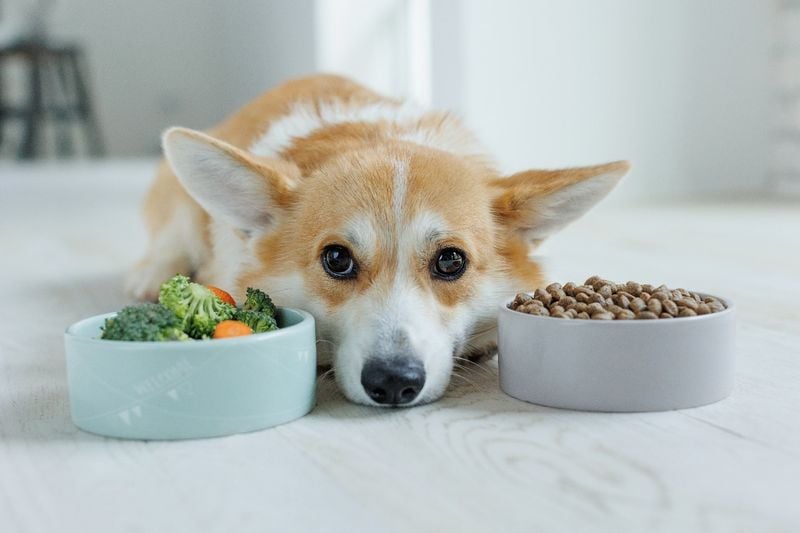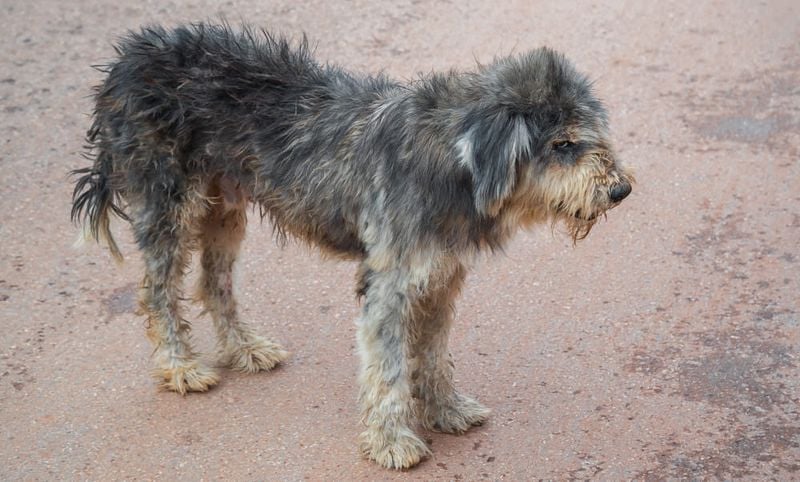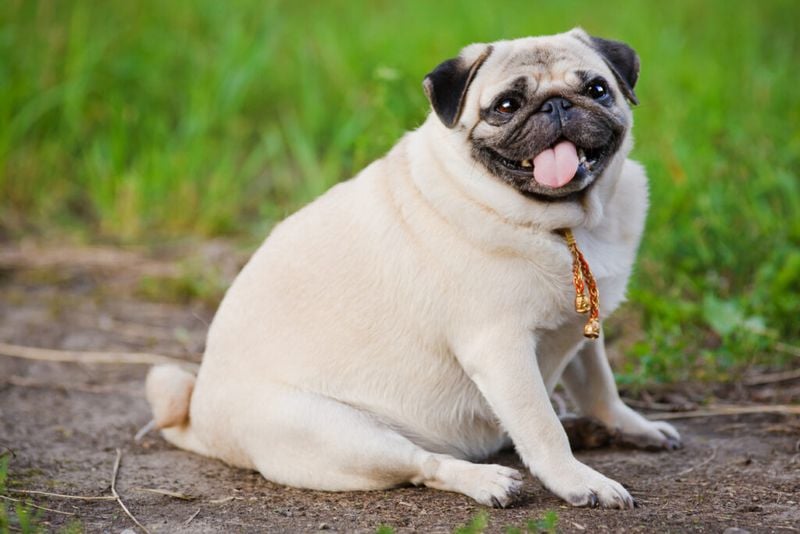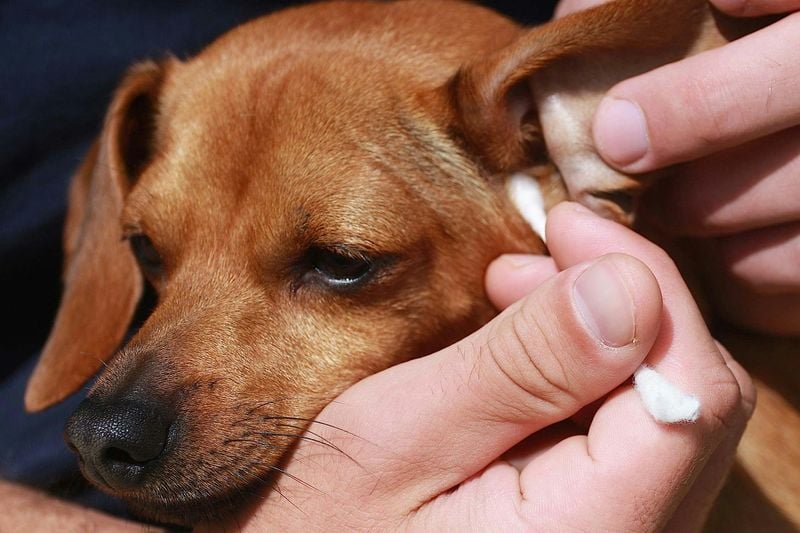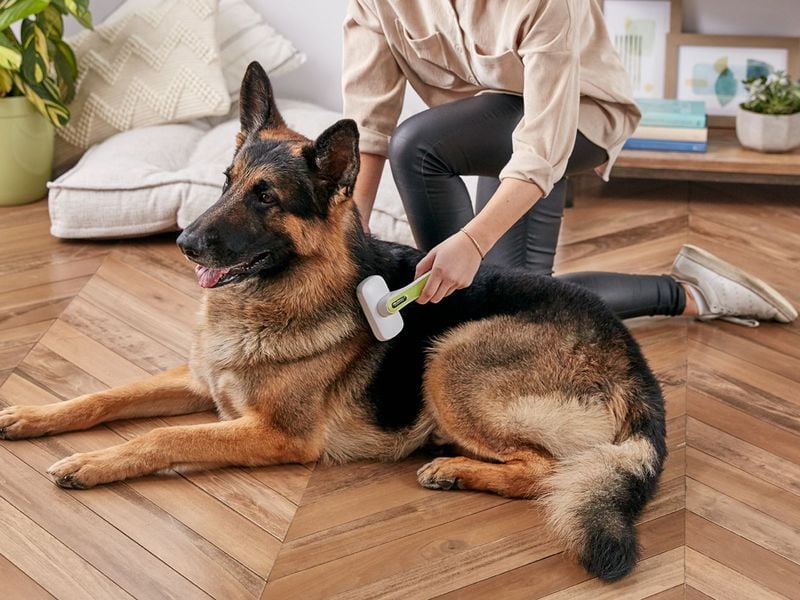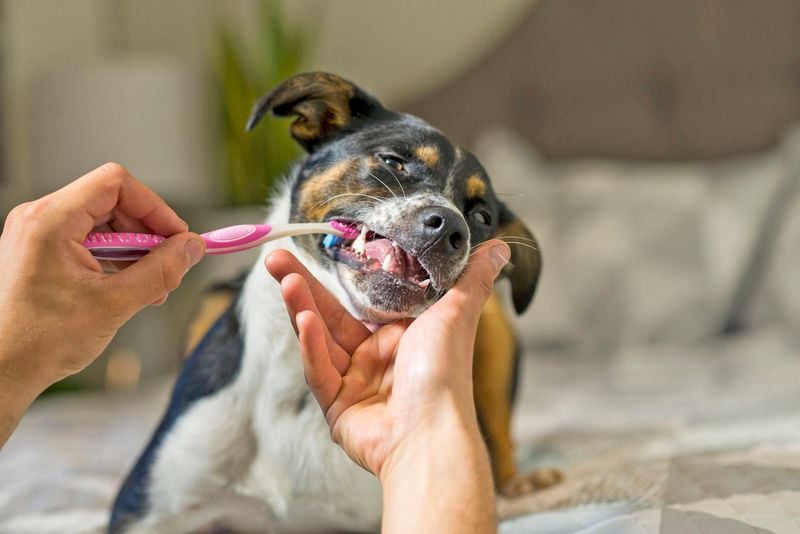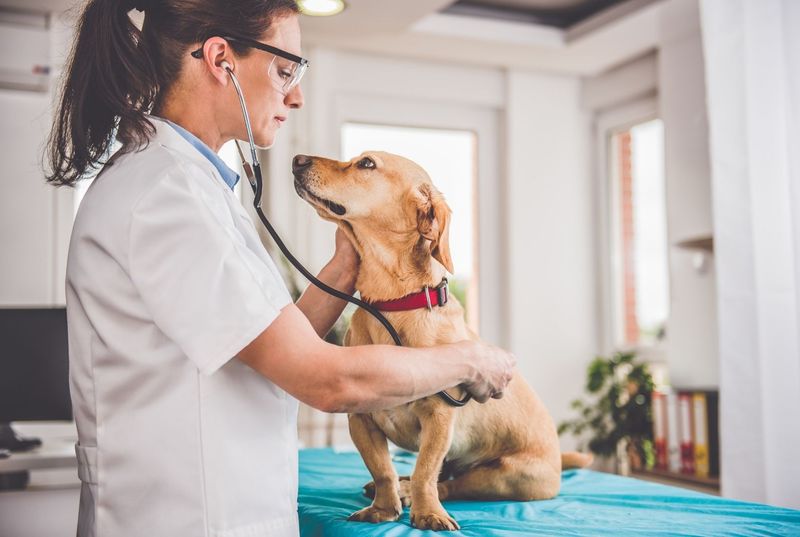10 Clear Signs You Need to Change Your Dog’s Diet
Just like humans, dogs thrive when they’re eating the right food for their bodies. But your pup can’t tell you when something feels off—so it’s up to you to spot the clues.
Whether it’s skin issues, digestive problems, or mood changes, your dog’s diet may be the culprit. Many pet owners miss the signs until health problems start piling up.
The good news? Dogs are incredibly responsive to positive changes. A simple tweak in diet can bring noticeable improvements in energy, coat quality, and overall health.
If you’ve had a nagging feeling something isn’t right with your dog’s current food, don’t ignore it. Here are 10 clear signs that it’s time to rethink what’s going into your best friend’s bowl.
1. Chronic Itching or Skin Irritations
Have you noticed your furry friend scratching more than usual? Chronic itching or skin irritations could be a sign of food allergies or sensitivities. When a dog’s diet doesn’t agree with them, it can manifest through incessant scratching, red patches on the skin, or even flaky, uncomfortable skin.
Addressing these symptoms by considering a dietary change might alleviate their discomfort. Consult with your vet about potential food allergies and explore hypoallergenic options.
Remember, even if it’s not allergies causing the itching, a balanced diet rich in omega fatty acids can help improve skin health. So keep an eye on those telltale signs and give your pup the comfort they deserve.
2. Persistent Digestive Problems
Does your dog often experience tummy troubles, such as recurring diarrhea or constipation? Persistent digestive problems can be a clear indicator that their food isn’t quite right. Sometimes, a dog’s digestive system just doesn’t agree with certain ingredients or lacks the nutrients it needs.
If bloating, excessive gas, or irregular bowel movements are part of your routine, it might be time to evaluate their diet. Seek foods that are easy to digest and free of fillers or artificial additives.
A diet switch may be all it takes to see a happier, healthier pup. Remember, a satisfied stomach leads to a more content and playful furry friend.
3. Dull, Brittle, or Greasy Coat
A shiny, vibrant coat is often a reflection of good health. If your dog’s fur appears dull, brittle, or unusually greasy, it could be a sign that they’re missing essential nutrients in their diet. Often, a lack of omega fatty acids or vitamins can lead to poor coat health.
Consider incorporating foods rich in fish oils and vitamin E to restore that glossy shine. Regular grooming combined with the right nutrition can make a world of difference.
Your dog’s coat is more than just fur; it’s an indicator of their overall well-being, so pay attention and act accordingly.
4. Unexplained Weight Gain or Loss
Unexpected changes in your dog’s weight can be alarming. Whether they’re gaining or losing weight without a clear reason, it might be time to take a closer look at their diet. Calorie intake, balance of nutrients, and portion control all play key roles in maintaining a healthy weight.
If your pup’s weight is fluctuating, consult your vet to assess their dietary needs. A specialized diet might be necessary to stabilize their weight and support overall health.
Remember, maintaining a healthy weight is crucial for your dog’s quality of life, so take action if you notice these changes.
5. Frequent Ear Infections
Ear infections can be more than just a nuisance for your dog; they may indicate a food intolerance. Some breeds are particularly prone to ear issues, and diet can play a significant role in these recurring problems.
If your dog is constantly shaking their head or scratching at their ears, it might be time to explore food-related causes. A diet free from common allergens like wheat, corn, and soy may help reduce occurrences.
Working closely with your vet can aid in finding the right food to keep those ears healthy and infection-free.
6. Low Energy or Lethargy
Ever notice your dog’s tail wagging a little less? Low energy or lethargy could be a sign that their food isn’t providing the necessary energy. Dogs are naturally energetic creatures, and when they seem sluggish, it might be time to evaluate their diet.
Foods lacking in protein or essential nutrients can leave them feeling tired. Consider adjusting their diet to include balanced meals that cater to their activity level.
Remember, a lively dog is a happy dog, and proper nutrition is the key to keeping them vibrant and full of life.
7. Excessive Shedding
Shedding is a natural process for dogs, but what if it becomes excessive? Beyond the usual seasonal changes, too much shedding might suggest dietary inadequacy. A lack of essential fatty acids or other key nutrients could be the culprit.
Switching to a diet rich in omega-3 and omega-6 fatty acids might reduce the hair loss. A healthy coat starts from within, and the right food can make a noticeable difference.
Keep an eye on your dog’s shedding patterns and consult your vet if you suspect their diet may be a factor.
8. Foul-Smelling Breath or Body Odor
Nothing ruins cuddle time like a foul odor wafting from your furry friend. If your dog’s breath or body odor is turning heads for all the wrong reasons, it might be related to their food. A diet that’s too rich or poorly balanced can lead to unpleasant smells that go beyond the typical doggy aroma.
Consider adjusting their diet to include fresh, wholesome ingredients that promote clean breath and body. Sometimes, simple changes can make a big difference in how your dog smells.
Your nose will thank you, and your dog will enjoy fresher, more enjoyable interactions.
9. Changes in Stool Appearance
A dog’s stool can tell you a lot about their health. If you notice changes like very soft, mucousy, or discolored stools, it might indicate digestive strain or poor food absorption. These changes can often be linked to dietary issues.
Consult with your vet to explore different food options that promote regular and healthy bowel movements. High-quality ingredients and proper fiber content can help maintain digestive health.
Keep an eye on your dog’s bathroom habits, as they can be a clear indicator of how well their diet is working for them.
10. Your Vet Recommends It
When in doubt, trust the experts. If your vet recommends a diet change, it’s likely based on early signs of deficiencies or underlying health issues. Veterinarians have the expertise to detect what might not be evident to the untrained eye.
Discussing your dog’s diet with your vet ensures that their nutritional needs are met, and it might prevent future health concerns. Follow their advice to give your dog the best chance at a healthy life.
After all, your vet’s insights can be invaluable in keeping your canine companion happy and thriving.


